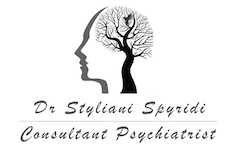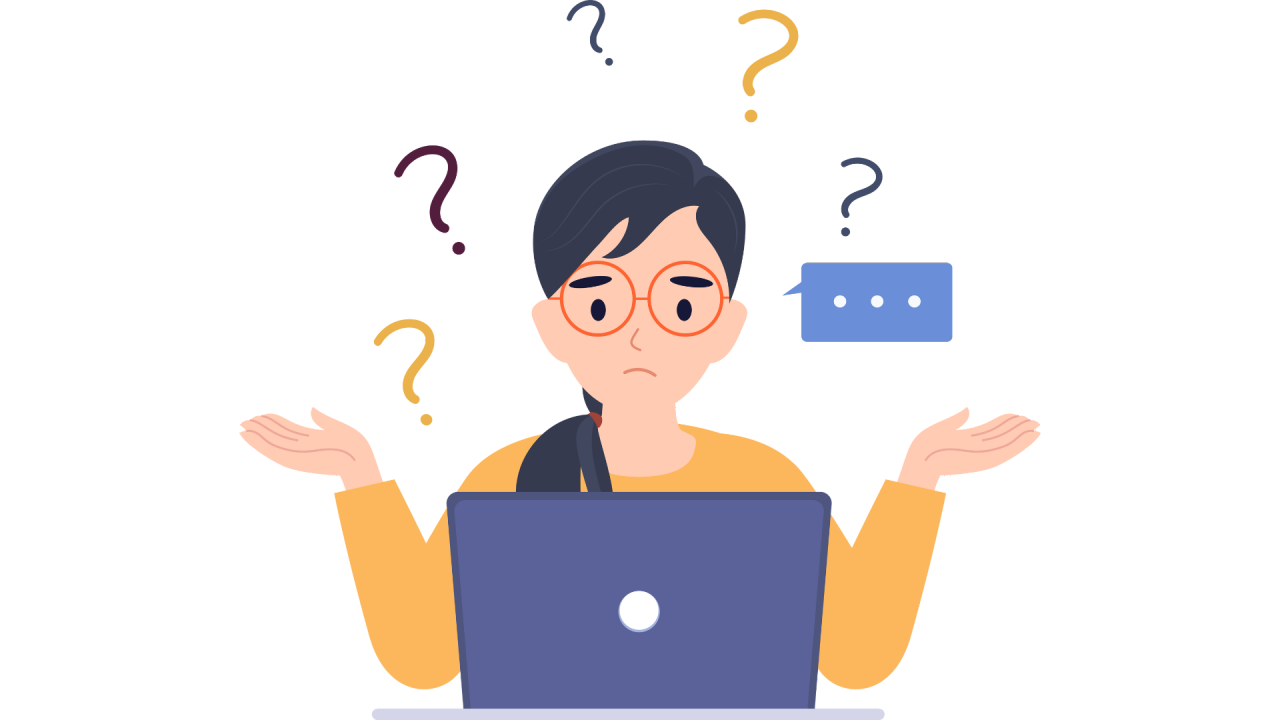*By Dr. Styliani Spyridi, Consultant Psychiatrist | Private Psychiatry Clinic, Limassol When people think about…

The Silent Epidemic: How Isolation Is Rewiring Our Minds
In a world that’s never been more digitally connected, millions silently suffer from a very real and dangerous disconnection: social isolation. Far beyond a passing feeling of loneliness, isolation has become a public mental health crisis—reshaping our brains and fueling a rise in psychiatric symptoms.
Today’s leading neurocognitive and psychological research reveals that the effects of isolation aren’t just emotional—they’re biological. As psychiatrists, clinicians, and caregivers, understanding these changes is crucial to guiding patients back to health.
1. Social Isolation Physically Alters the Brain
Recent neuroimaging studies show that chronic social isolation affects the very structure of the brain. According to research highlighted by the World Economic Forum in June 2022, long-term isolation leads to reduced grey matter in the hippocampus and prefrontal cortex—regions responsible for memory, learning, emotional regulation, and decision-making.
Source: “Why social isolation changes the brain – and how we can reverse it,” World Economic Forum, June 2022
2. Isolation and Dementia: A Proven Link
The impact of loneliness is particularly alarming in older adults. A comprehensive review published by The Washington Post in November 2024 found that loneliness increases the risk of developing dementia by 31% and cognitive impairment by 15%. These risks persist even after adjusting for other health and lifestyle factors.
Source: “Loneliness raises the risk of dementia by 31%, new analysis finds,” The Washington Post, November 2024
3. Emotional and Psychiatric Consequences
Social disconnection fuels a host of psychiatric conditions. A November 2024 report by Downtown Psychological revealed strong correlations between isolation and increased rates of anxiety disorders, depression, and emotional burnout.
Our brains are wired for interaction. When denied meaningful social contact, emotional dysregulation and psychiatric symptoms often follow.
Source: “The Impact of Social Isolation on Mental Health,” Downtown Psychological, November 2024
4. Childhood Isolation and Adult Psychosis
Isolation’s effects begin early. A study published in the New York Post in April 2024 found that children who experience persistent loneliness are more likely to develop psychosis as adults—especially among females, who appear more vulnerable to this trajectory.
Source: “Lonesome kids more likely to suffer psychosis as adults,” New York Post, April 2024
5. The Social Brain Hypothesis: Built to Belong
The human brain evolved for connection. The social brain hypothesis suggests that our neurological architecture is designed to support complex interpersonal relationships. The World Economic Forum explains that brain regions managing social engagement are closely tied to cognitive, emotional, and motivational functions.
Without regular connection, these neural networks begin to fray.
Source: “Social Isolation Affects the Brain,” World Economic Forum, June 2022
6. Isolation Elevates Stress Hormones
Beyond cognition, isolation also affects the body. Chronic loneliness has been shown to elevate cortisol, our primary stress hormone, contributing to a weakened immune system, higher blood pressure, and increased susceptibility to chronic illness.
Source: “How Loneliness Affects Your Body and Mind,” Downtown Psychological, November 2024
7. Reconnecting: Small Steps with Big Impact
The good news? These neurological and psychiatric effects are often reversible.
Evidence-based strategies to combat isolation include:
- Joining local community or support groups
- Engaging in therapy to address social anxiety or past trauma
- Maintaining regular routines and daily exposure to natural light
- Reaching out to family or friends—even digitally
Even a brief phone call or walk in a public park can trigger neural benefits. As highlighted by Verywell Mind, connection doesn’t need to be grand to be meaningful.
Source: “The Impact of Social Isolation on Mental Health,” Verywell Mind, November 2024
8. Final Thoughts: Connection is Medicine
Isolation is not just a symptom—it’s a cause. It distorts brain function, exacerbates psychiatric symptoms, and erodes quality of life. But with awareness, support, and the right interventions, recovery is possible.
At our private psychiatry clinic in Limassol, Cyprus, we understand the complex relationship between connection and mental health. We offer evidence-based, compassionate care for those facing the psychiatric consequences of isolation.
If you or someone you care about is struggling, reach out. Together, we can rebuild the path to wellness.
Psychiatry clinic Limassol
Mental health Limassol Cyprus
Social isolation and mental health
Effects of loneliness on the brain
Treatment for social isolation
Limassol psychiatric services
Depression and isolation Cyprus
Private psychiatrist Limassol
Secondary (Supporting) Keywords
Social isolation brain changes
Loneliness and dementia risk
Mental health support Limassol
Isolation and anxiety treatment
Emotional burnout therapy Cyprus
Psychosis and childhood isolation
Reconnecting after isolation
Cortisol and chronic lonelines



